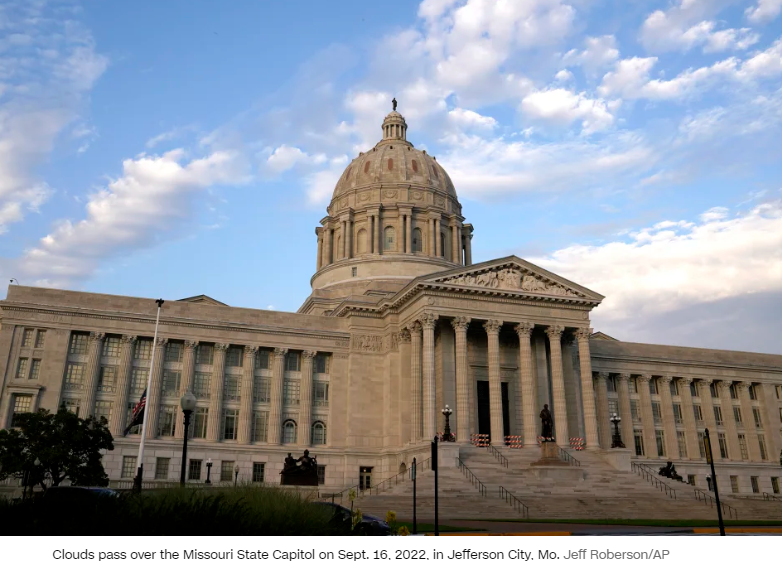In a recent development in Missouri, a proposed law spearheaded by state Rep. Jamie Gragg could have severe ramifications for teachers and counselors who support transgender students in their social transition. Under the bill, known as HB 2885, individuals in official school capacities could face felony charges and be required to register as sex offenders if found guilty of aiding transgender students in their social transition journey.
Gragg’s bill, the latest addition to a series of anti-LGBTQ measures cropping up across various states, aligns with a broader “parental rights” movement aiming to grant parents more control over educational content concerning gender, sexuality, and race. However, this legislative move has stirred significant controversy and pushback from LGBTQ advocates, medical associations, and concerned citizens.
Medical organizations such as the American Medical Association and the American Academy of Pediatrics advocate for gender-affirming care, including social transitioning, as appropriate for individuals, both young and old, grappling with gender identity issues. Despite this professional consensus, HB 2885 seeks to criminalize activities categorized as “contributing to social transition,” including providing informational or material support within educational settings.
The proposed bill defines social transitioning as the process wherein individuals adopt gender-affirming aspects like name, pronouns, and outward expressions such as clothing or hairstyles that align with their gender identity. If enacted, those charged under this legislation could face up to four years in prison and be listed as sex offenders for a significant period.
In defense of his bill, Gragg argues that it aims to restore parental authority over their children’s social learning development. However, critics, including Gragg’s own brother, Charles Gragg Jr., a retired veteran, denounce the bill’s harmful implications. Charles Gragg Jr. emphasizes that the measure not only targets educators but also stifles compassion and tolerance, potentially silencing voices of support for transgender youth.
LGBTQ advocacy organizations like PROMO and GLSEN have mobilized against the bill, voicing concerns about its potential impact on educators and students. They argue that such legislation fosters a hostile environment for LGBTQ individuals and perpetuates discrimination. In the broader context of nationwide anti-LGBTQ legislation, exemplified by Oklahoma’s recent ban on gender-affirming care for minors, the stakes for marginalized communities remain high.
Tragically, the consequences of such hostile climates have been starkly illustrated by incidents like the death of Nex Benedict, a nonbinary high school student in Oklahoma. Benedict’s passing, following an altercation at school, underscores the urgency of addressing the harmful repercussions of discriminatory policies and rhetoric.
Despite the anticipated opposition, with 2023 witnessing over 500 anti-LGBTQ bills introduced across various state legislatures, the fight for equality and inclusion continues. Gragg Jr. reflects on the deeply troubling nature of his brother’s bill, branding it as “hateful and malicious,” and emphasizing its potential to cost lives and perpetuate harm against vulnerable communities.

